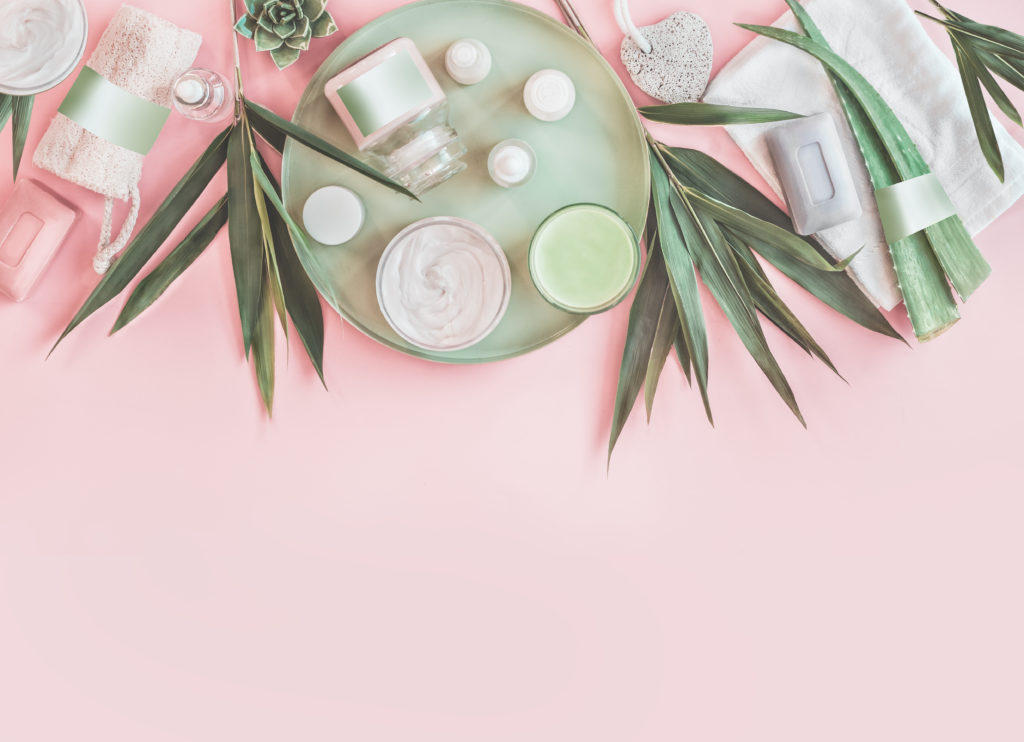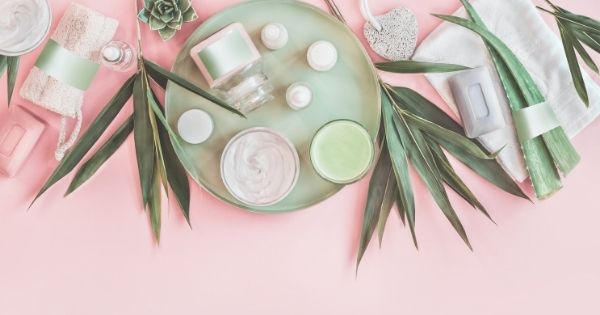
Sustainability is a topic that has become increasingly important, and its effects are evident in all facets of life. In the world of skin care, there are certain products that are both more sustainable and better for client care. Since people have different skin types that require different care, it is important to have a repertoire of sustainable skin care that fits the needs of each client you may encounter.
Recognizing Sustainability
Sustainability can be defined as taking enough for what you need now while still leaving enough for future generations to prosper and thrive. When recommending a skin care product to your client, non-toxic products are easy to identify and are usually a safe and sustainable choice. According to Sustainable Jungle, a few popular sustainable skin care products include Acure, Ben & Anna, Dr. Bronner’s, Green Beaver, and Sea Witch Botanical. If you are interested in reading more about sustainable, brands check out Sustainable Jungle’s Sustainable & Ethical Beauty Brands: The Master List.
Palm Oil
Part of what makes a skin care product sustainable are the ingredients included or not included because of the harmful effects they could produce. Palm oil is excluded from nearly all sustainable skin care products, so you should suggest palm oil-free skin care products to your clients.
The origins of palm oil are debated but there is no arguing that it has been around practically forever. Archaeologists in the late 1880s discovered palm oil on the African continent. It was probably traded into ancient Egypt from northeastern civilizations. Since then, palm oil has been one of the most popular vegetable oils in the world and is often found in many products used on a daily basis, such as shampoo. However, the problem with palm oil is one we are seeing far too often in today’s society. Too much is being taken to drive up short-term profits without any concern for the long-term sustainability of the product. This approach is harming ecosystems where palm oil is extracted. The extraction of palm oil is also leading to deforestation issues, especially in Indonesia, because natural habitats are destroyed to produce palm oil.
Sustainable Ingredients

There are plenty of great alternatives for you to recommend that are produced sustainably. You can search for ingredients in your skin care products that use natural resources and renewable materials. The problem is that many ingredients, such as palm oil, are used for both skin care and as a source of biofuel, leading to sourcing problems outside of its use for skin care. Many of these products that have other uses are now being used primarily for energy. While biomass energy, such as wood, is renewable, problems arise when over-sourcing and the destruction of natural land occur, as mentioned earlier with palm oil.
The problem with many non-sustainable ingredients is that they harm the environment and are not sourced ethically or with equity. Part of being sustainable means keeping human prosperity in mind, because after all, humanity is part of the natural world too. Some skin care products are not produced ethically, such as those that are toxic or damage the greater good of humanity as a whole. Lush is a very popular skin care product you can recommend to your clients that is non-toxic and cruelty-free.
If you have a passion for sustainably sourced skin care and want to make a difference as an esthetician, Ogle School has a variety of beauty school programs for you to choose from. We offer day and night programs with nine locations across Texas. Check Ogle School out online or give us a call at 888-820-4224 for more info or to schedule a tour.



